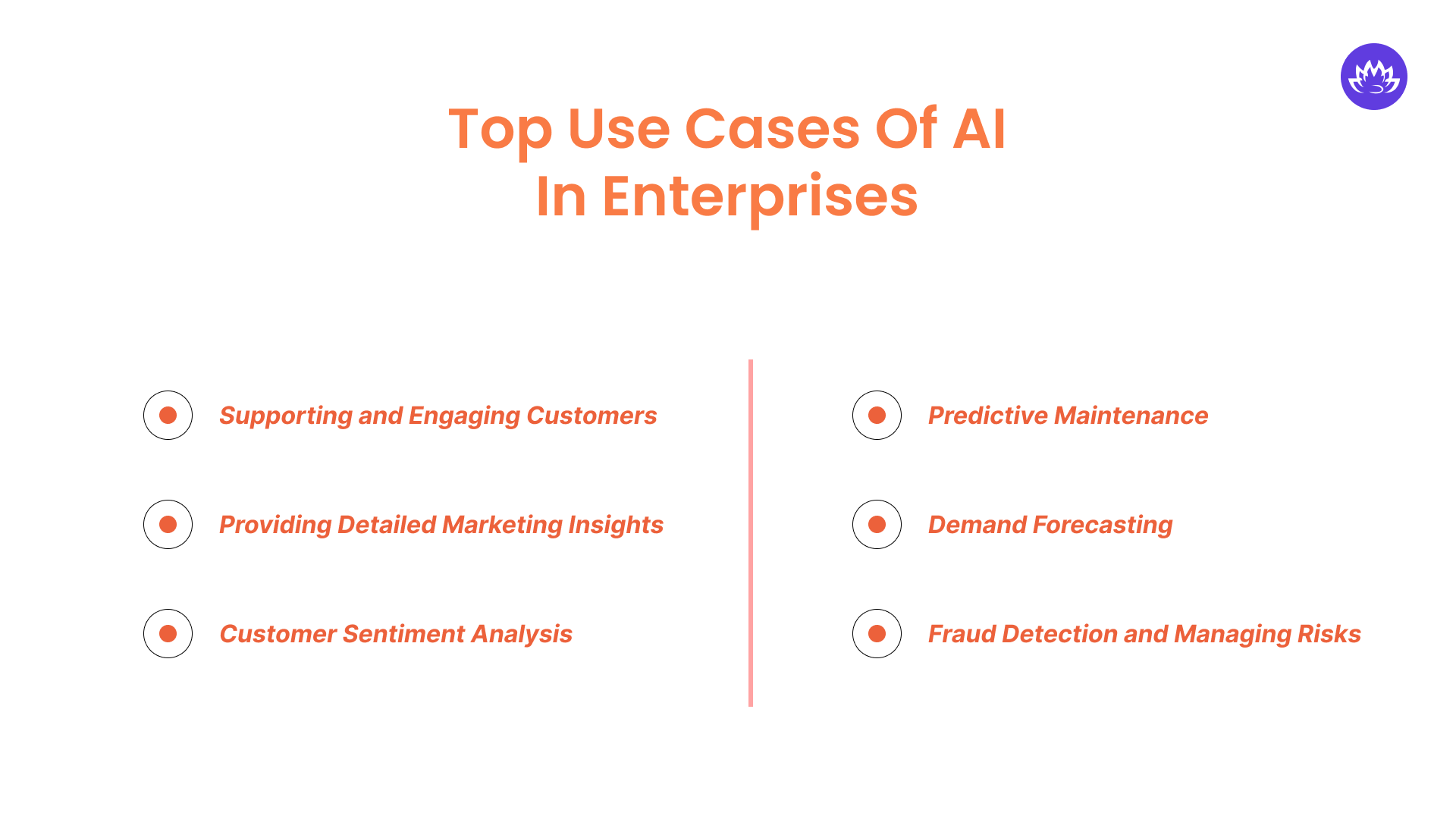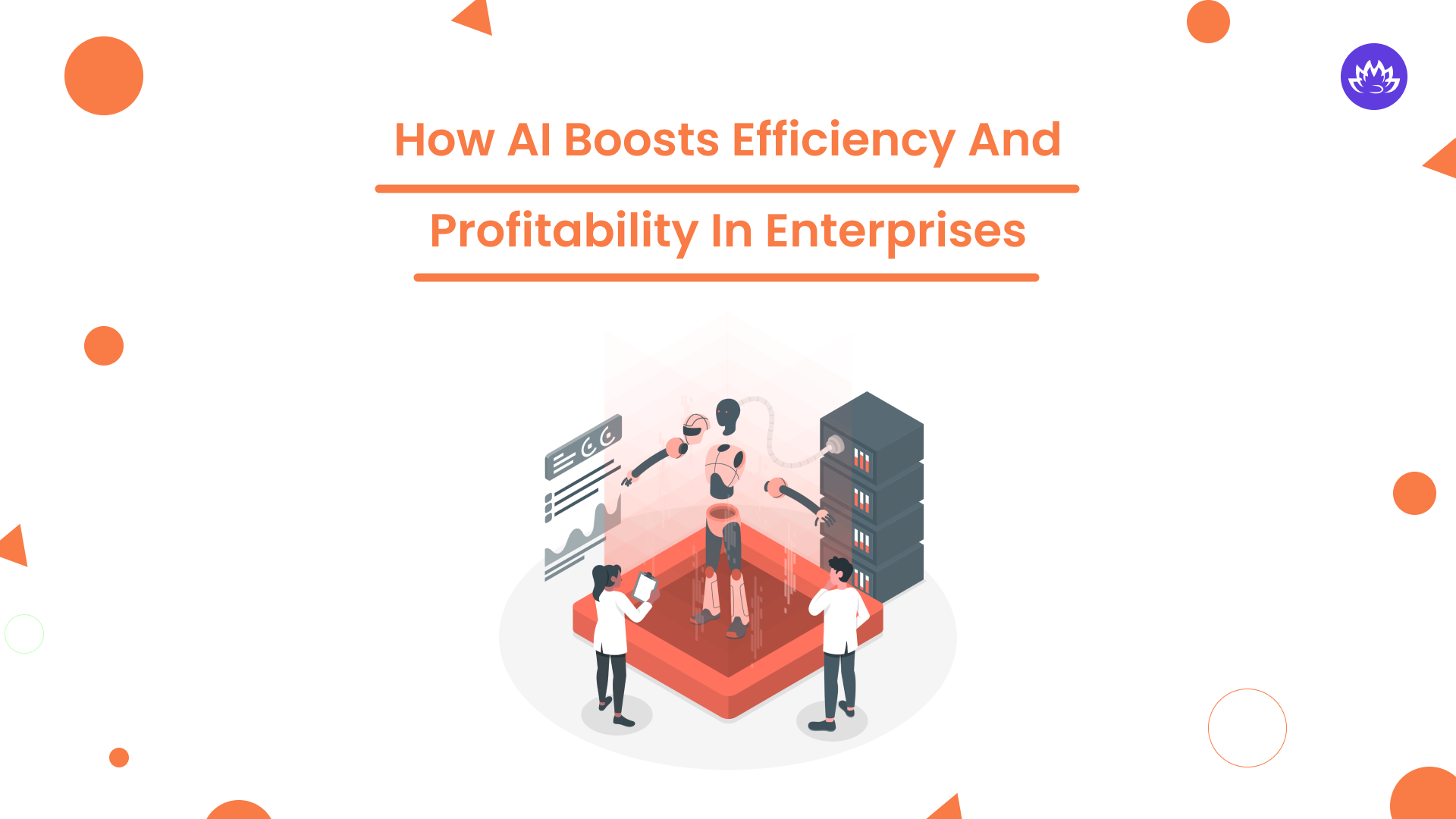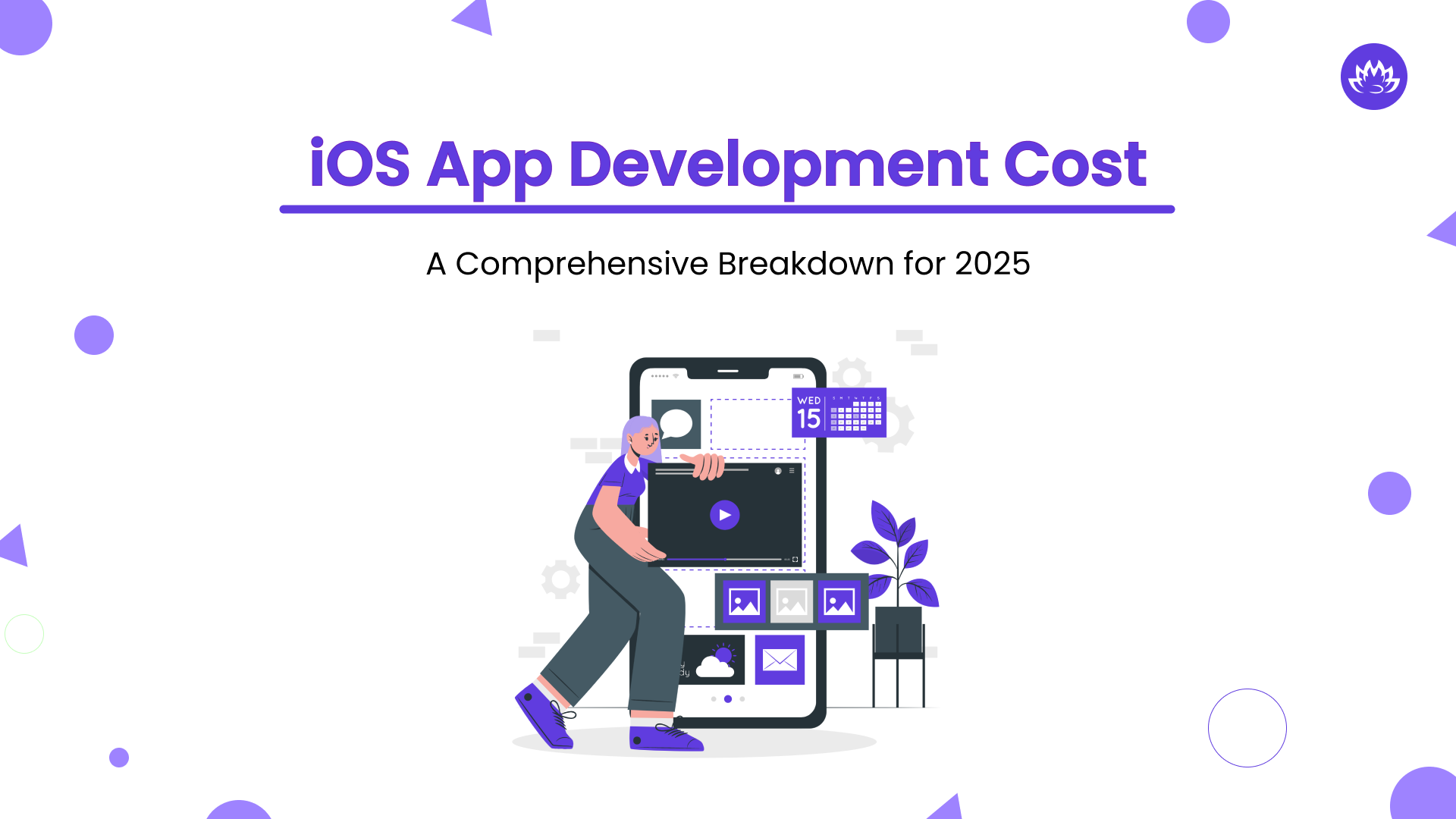Why is AI important For Business?
According to IDC, the amount of data generated worldwide will surpass 175 zettabytes, or 175 billion terabytes, by 2025. This represents a startling 430 percent increase from the 33 zettabytes produced in 2021.
Organizations that are committed to making data-based decisions will benefit greatly from the explosion in data. Large data sets are the raw material for creating comprehensive business intelligence that enhances current business operations and generates new business lines.
Simultaneously, the ability of AI in business to generate meaningful predictions—that is, to arrive at the reality of a situation rather than replicate human biases—requires both high-quality and substantial amounts of data. By providing not just the processing power needed to handle and manage massive volumes of data in a scalable and adaptable architecture, but also by giving corporate users more access, mobile cloud computing platforms have contributed to the impact of AI in business.
Top Advantages of AI Implementation in Enterprises

Instead of drastically altering their business models, most companies are currently concentrating on applying AI to enhance their procedures. The aforementioned gains in productivity and efficiency are the most commonly cited advantages of applying AI to corporate strategy and the workplace.
Better Customer Service
A 2022 study by Boston Consulting Group and MIT Sloan Management claims that AI has the potential to expedite and personalize customer service. Everyone needs to understand how to enhance customer service, which ranks as the second most desired AI payout by businesses.
Better Monitoring
For example, factory floors utilize machine learning models and image recognition software in quality control procedures to monitor production and spot errors. Organizations may use AI to evaluate data in real-time and perform near-instantaneous monitoring.
Rapid Product Development
High Quality Production
Enhanced Talent Management
Innovative Business Model
Higher Sales Efficiency and Marketing
Energy Saving
Project Management
Efficient Accounting Systems
Top Use Cases of AI in Enterprises

Supporting and Engaging Customers
Providing Detailed Marketing Insights
Customer Sentiment Analysis
Predictive Maintenance
Demand Forecasting
Fraud Detection and Managing Risks
How Whitelotus Corporation Can Help You Implement AI Into Your Enterprise
Since AI has hit the market, companies may use tried-and-true methods to achieve more ambitious objectives. Startups are constantly gaining a competitive edge from AI development services, while well-established businesses provide the framework for creating innovative solutions.
Author
-

Kirtan is CEO of Whitelotus Corporation, an emerging tech agency aimed to empower startups and enterprises around the world by its digital software solutions such as mobile and web applications. As a CEO, he plays key role in business development by bringing innovation through latest technical service offering, creating various strategic partnerships, and help build company's global reputation by delivering excellence to customers.
View all posts











